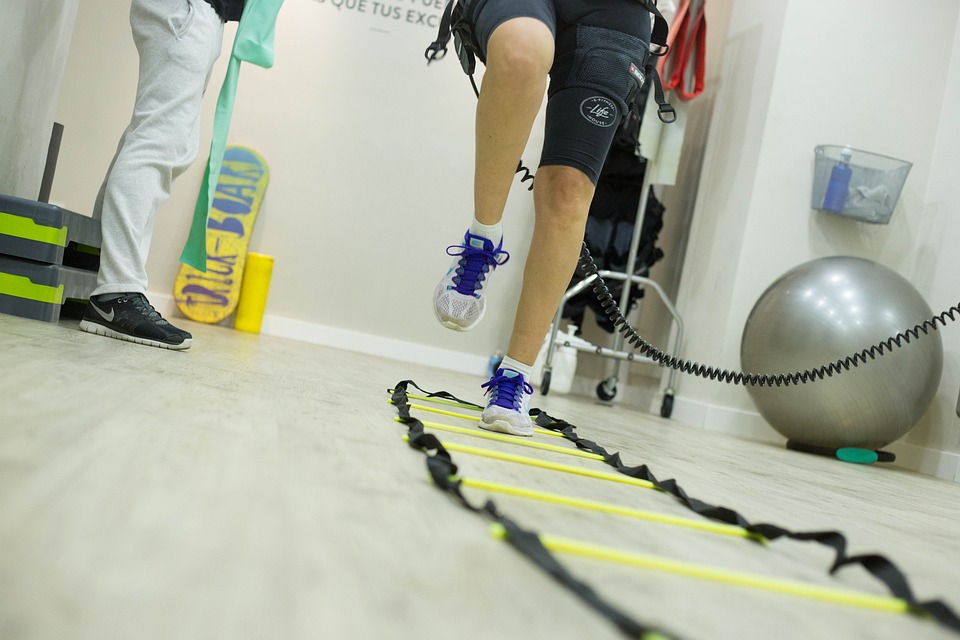Acquired brain injury treatment options can vary greatly, depending on the type and severity of damage to the brain. In some severe cases, surgery may be required. Treatment options also depend on the person’s age and general health. Recovery times can vary from a few months to several years. The consequences of an ABI can be life-changing, causing considerable distress and loss of function. In addition to the person suffering the injury, their family members may face difficulties, such as changes in their roles and family life.
Inpatient treatment
After a brain injury, rehabilitation is a crucial step toward recovery. Inpatient treatment is a structured, supervised program that can improve the patient’s physical and mental functions. The goal of inpatient rehabilitation is to improve a patient’s quality of life and increase the chances of discharge to the community. It can also decrease mortality risk for people with traumatic brain injuries.
Once rehabilitation has ended, a patient may continue to receive outpatient therapies to maintain or improve recovery. They may not have required hospitalization following the accident but may experience difficulty returning to work or community life. Using individual therapies and a combination of therapies can help the patient overcome these difficulties and move toward recovery.
Acquired brain injury (also known as traumatic brain injury) can cause many symptoms. Some patients may go into a coma, a reduced state of consciousness. It can also lead to problems regulating blood pressure, poor sleep, and other physical problems. In some cases, a patient will require long-term rehabilitation.
Cognitive-behavioral therapy (CBT)
Cognitive-behavioral therapy for an acquired brain injury can be beneficial for patients who suffer from traumatic brain injury (TBI). CBT targets the unconscious mind and helps patients understand their thoughts and feelings. It is also known to reduce depressive symptoms. However, it is unclear which cognitive therapy methods are best suited for which patients.
Survivors of brain injuries may need to relearn skills they had mastered before the injury. Cognitive-behavioral therapy for acquired brain injury may focus on skill-building that focuses on distress tolerance and readiness to learn. In addition, the treatment might also include a social skills training component.
The treatment of acquired brain injury often causes a person to experience psychological distress and mood disorders. CBT for acquired brain injury is a widely used psychotherapeutic technique that has been established as an effective way to treat psychological distress. It is a component of rehabilitation and a part of the ‘third wave of cognitive and behavioral therapies. It is difficult to determine which therapy is best suited for each client, however, because the etiology of psychopathology is so complex.
In-home care
Transitioning from hospital to home after an Acquired brain injury treatment is stressful and emotional for the brain injury patient. A return home can mean renegotiating family boundaries, responsibilities, and finances. However, it is important for the patient to return home after undergoing rehabilitation and to have the support of family and friends. It may also mean reestablishing old routines.













